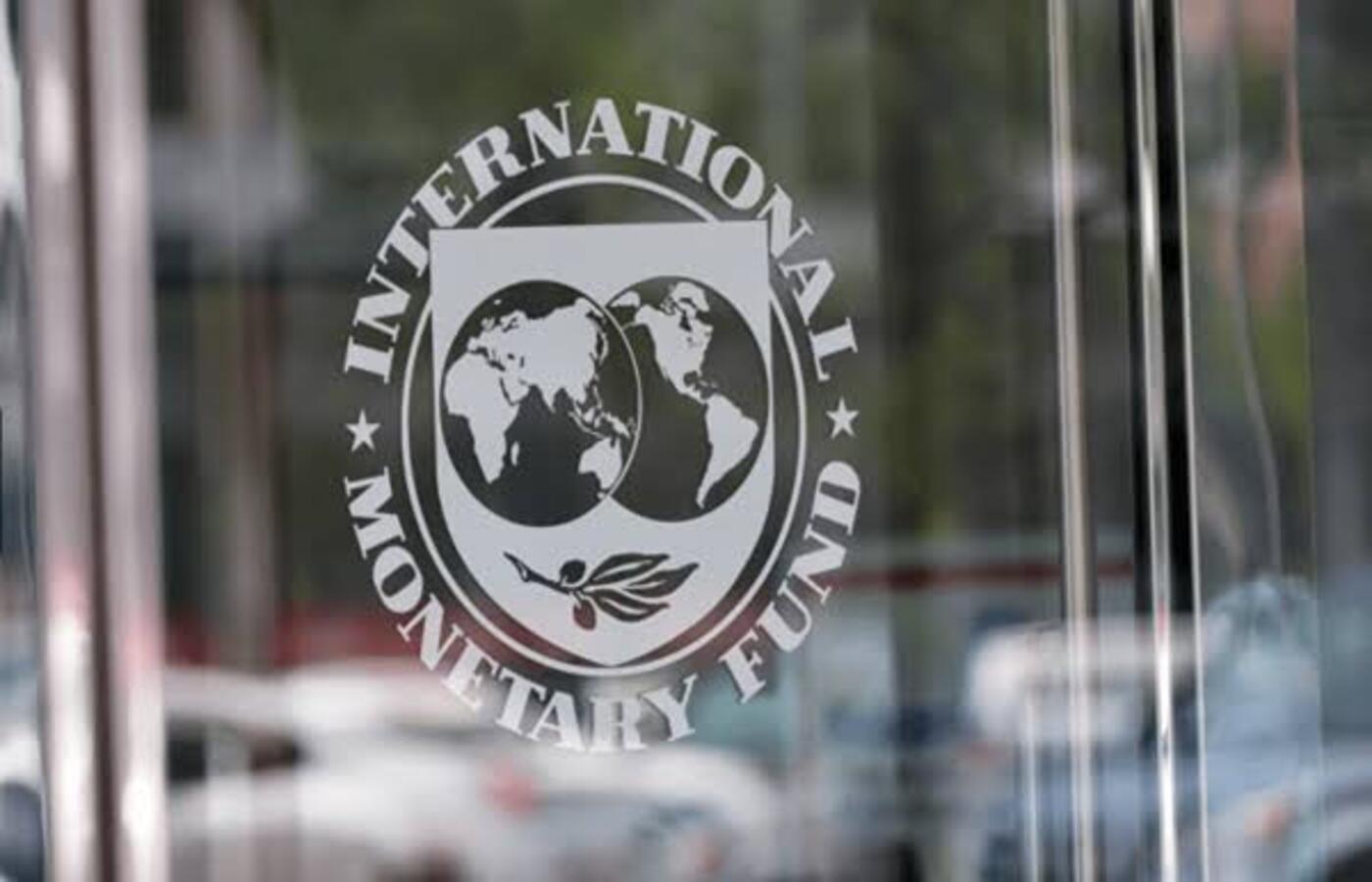Just as Cuba's once-mighty sugar industry suffers its worst declines in over a century, experts from the island nation have traveled thousands of miles in hopes of helping another nation reverse fortune.
Seeking to stem plummeting harvests at home, eight specialists from Cuba's state-run sugar company have arrived in Ethiopia with decades of combined experience.
Their mission is to assist Ethiopia's ambitious plans to more than triple sugar production over the next five years by providing technical expertise and recommendations tailored to boost efficiency and output at underperforming mills.
After decades as a leading global sugar producer, Cuba is struggling with plummeting harvests in recent years. The downturn stems from a combination of aging infrastructure, decreasing investment, falling world prices and crippling US sanctions.
In its sugar heyday during the 1980s, Cuba regularly produced over seven million tonnes annually for export. But last season it managed only 480,000 tonnes - less than 10 percent of peak levels. The coming year’s target is even lower at 400,000 tonnes, representing Cuba’s poorest harvest on record.
The decline has been difficult for Cuba to stomach. Sugar was long the backbone of the economy, accounting for over 80 percent of exports at its height. “Once we were the country that exported the most sugar,” Dionis Perez, director of Cuba’s state sugar corporation Azcuba, told Al Jazeera. “But this is the first year that Cuba doesn’t plan to export more sugar than it consumes domestically.” After closing around half its mills since 2002, photos today show the rusting ruins they have become.
Meanwhile, Ethiopia has ambitions to ramp up sugar production yet faces major deficits that could jeopardize its goals. Currently 360,000 tonnes are generated annually across its state-run factories. However, the government hopes to more than triple output to 1.3 million tonnes by 2027 through intensive reforms and new investments totaling billions of dollars. But endemic challenges have long undercut Ethiopia’s sugar industry potential, including low yields, lack of technical expertise, aging equipment and inefficiencies across the supply chain.
A team of Cuban sugar experts has arrived in Ethiopia seeking to help strengthen ailing sugar mills, despite Cuba's own battles with plunging production levels in recent years. The eight-member delegation brings decades of experience cultivated during Cuba’s 20th century reign as a top global sugar exporter.
The Cuban specialists received an operational briefing upon arrival from Ethiopian Sugar Industry Group officials. They will work under an agreement between the ESIG and Cuba's state-owned sugar company, Azcuba, to help address long-standing issues facing four of Ethiopia's sugar mills. Their initial assignment is focused on assessing operations at the Wonji Shoa Sugar Factory. They will subsequently rotate among other processing facilities that have consistently underperformed against productivity targets, despite massive public investments.





